Recently, Jason Falls, the Co-Founder of the Conversation Research Institute (CRI) joined members of TheCR Network for an exploration of conversation research. With years of experience in social technology, both on the agency side and brand side Jason developed the concept of conversation research. Even though people may think that this is a new concept, Jason believes community management professionals will be familiar with the premise of his work. He’s simply put a new label on it.
Based on the great discussion inside the Network we put together an infographic highlighting what Jason taught our members. Jason stress to the participants that they should not expect to replace traditional research with conversation research. Conversation research is more of a supplement to traditional research, and a great way to augment what you might already be doing.

Members can access the full roundtable report, including three case studies that Jason shared, as well as best practices for applying conversation research and lessons learned here.
Not a member of TheCR Network? Learn more and join today to have exclusive access to expert practitioners like Jason Falls – and our complete archive of over 350 roundtable reports on community management, community strategy, metrics and measurement, and more! Join TheCR Network.
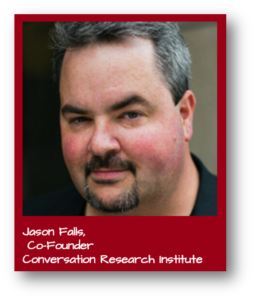
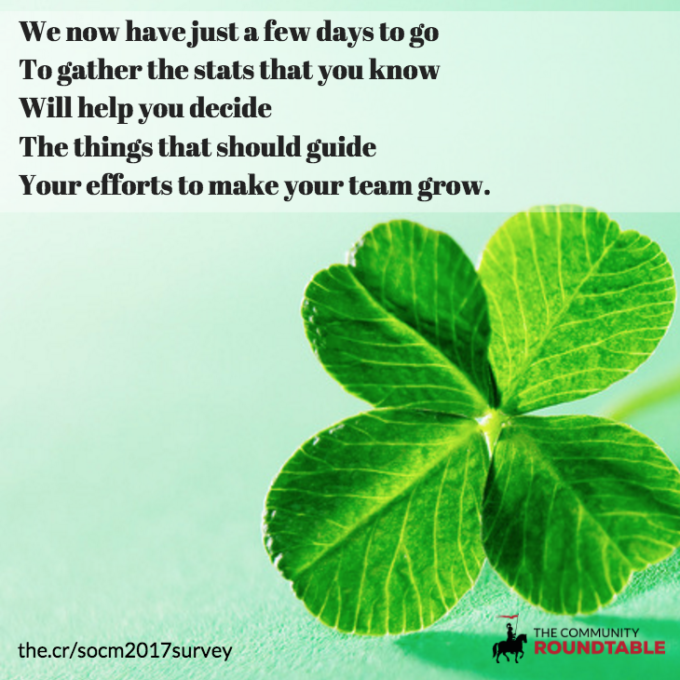
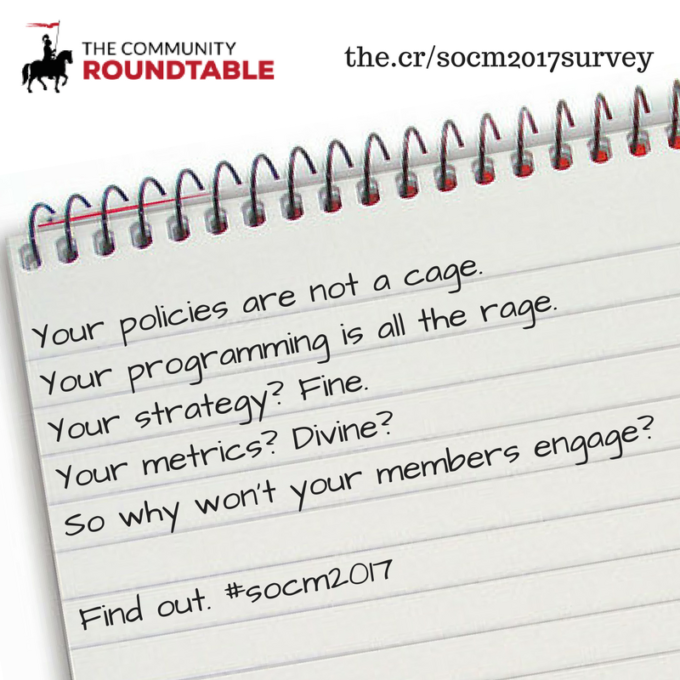
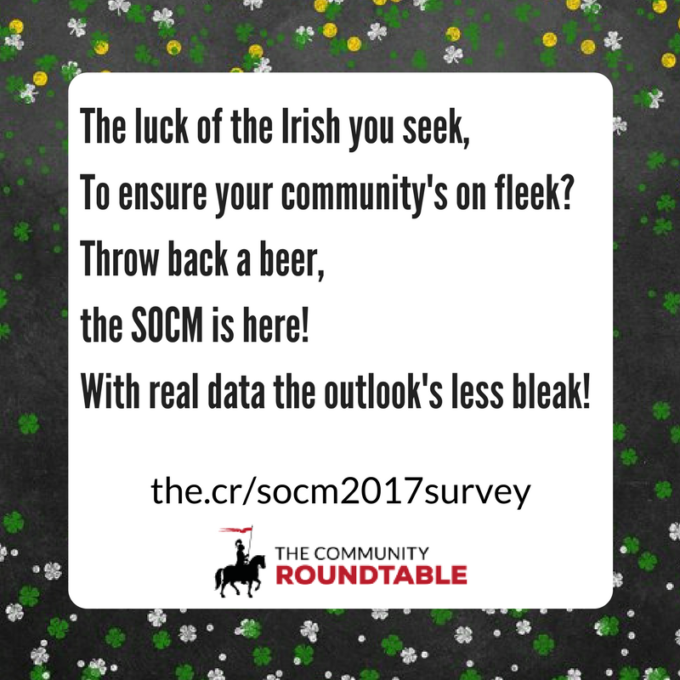
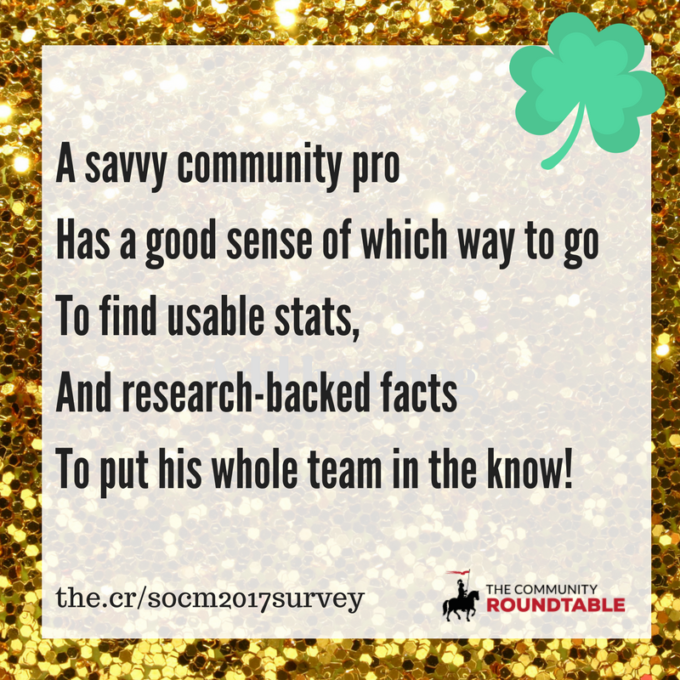
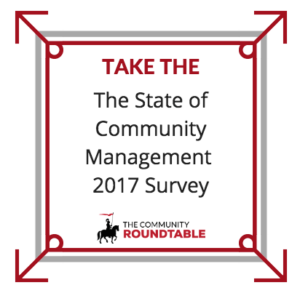 Eight years. The Community Roundtable has been doing its annual research on the landscape of community management for close to a decade.
Eight years. The Community Roundtable has been doing its annual research on the landscape of community management for close to a decade.

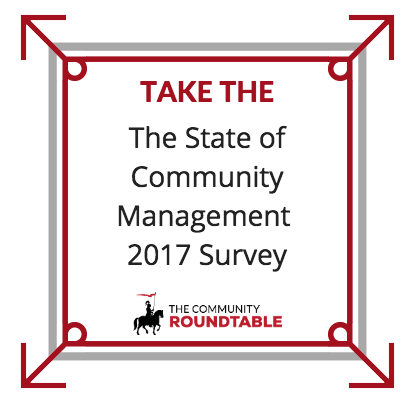


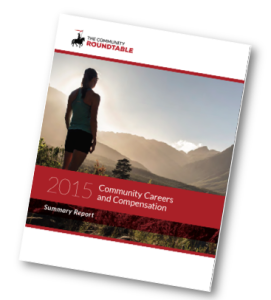
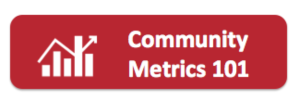


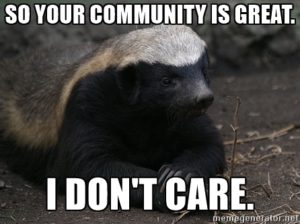 Convincing skeptics about the value of community is a part of the job for all too many community managers. When faced with adversity, there’s almost a “fight or flight” choice. The “fight” choice in this case is to strive to win converts and create a better vibe for the community. The “flight” response is to turn inward, recognize the difficulty of engaging the larger organization and focus on creating the best possible community.
Convincing skeptics about the value of community is a part of the job for all too many community managers. When faced with adversity, there’s almost a “fight or flight” choice. The “fight” choice in this case is to strive to win converts and create a better vibe for the community. The “flight” response is to turn inward, recognize the difficulty of engaging the larger organization and focus on creating the best possible community.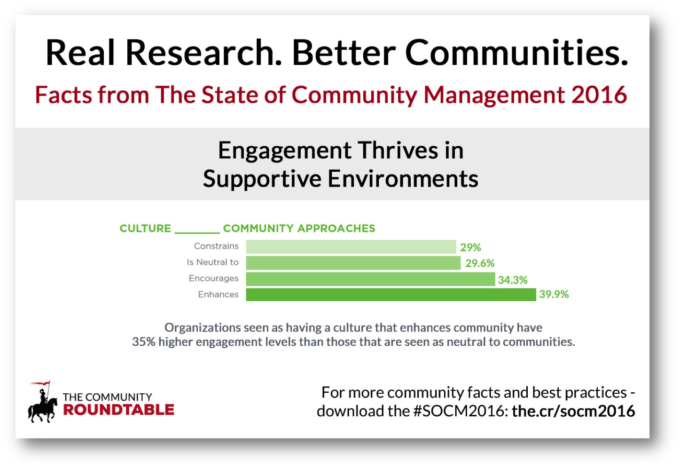
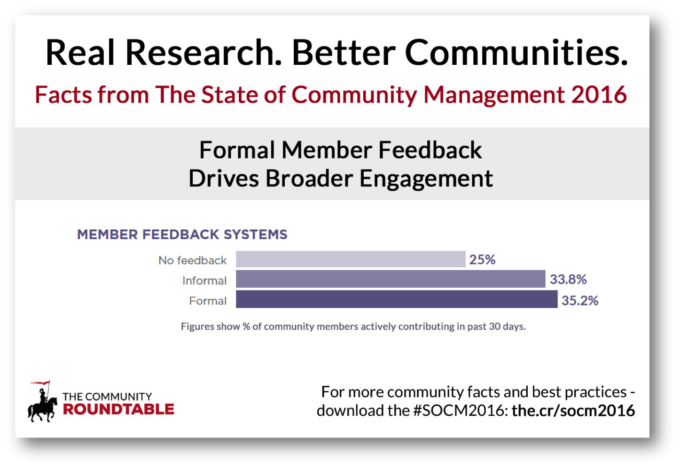
 Ask an overworked community manager what they wish they had more of – and you’re likely to get one of two answers: resources or time. How a community pro spends his or her time matters greatly to their communities, but how much? We asked our participants to share how they and their teams spent their time – and saw some interesting trends.
Ask an overworked community manager what they wish they had more of – and you’re likely to get one of two answers: resources or time. How a community pro spends his or her time matters greatly to their communities, but how much? We asked our participants to share how they and their teams spent their time – and saw some interesting trends.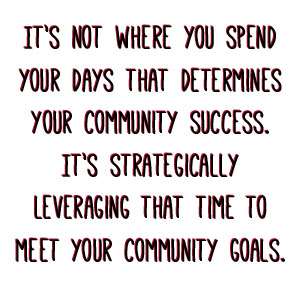 Of course, “in the platform” does not equate to “visible in the community”, either – a reminder again both that much of your important work can go unseen by members, and that “working out loud” is a great way to bring visibility to work (yours and others’) that makes a robust community possible.
Of course, “in the platform” does not equate to “visible in the community”, either – a reminder again both that much of your important work can go unseen by members, and that “working out loud” is a great way to bring visibility to work (yours and others’) that makes a robust community possible. What are the most valuable skills for a community manager? What is the career path? And how much can one make? Those are among the key questions being answered in the
What are the most valuable skills for a community manager? What is the career path? And how much can one make? Those are among the key questions being answered in the 